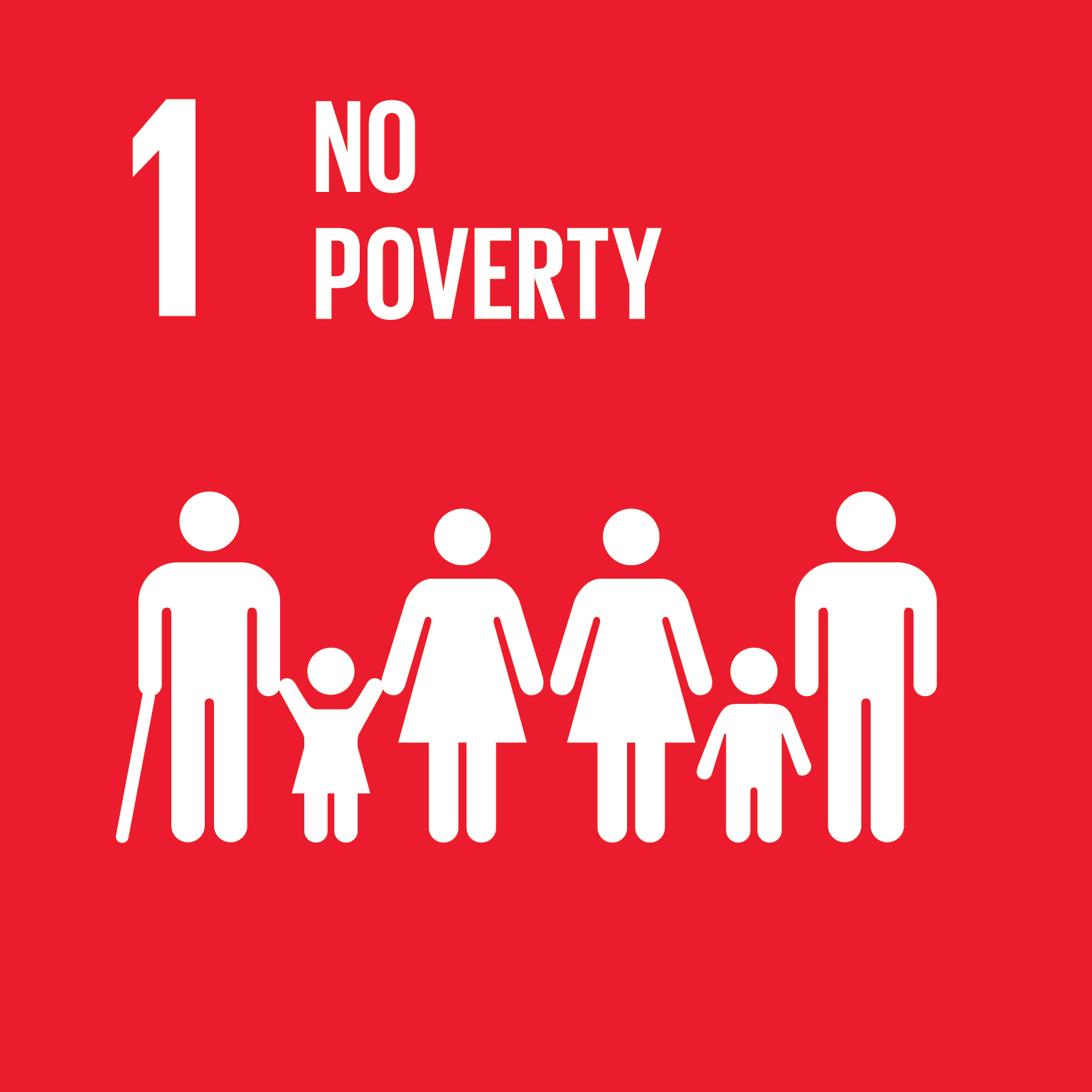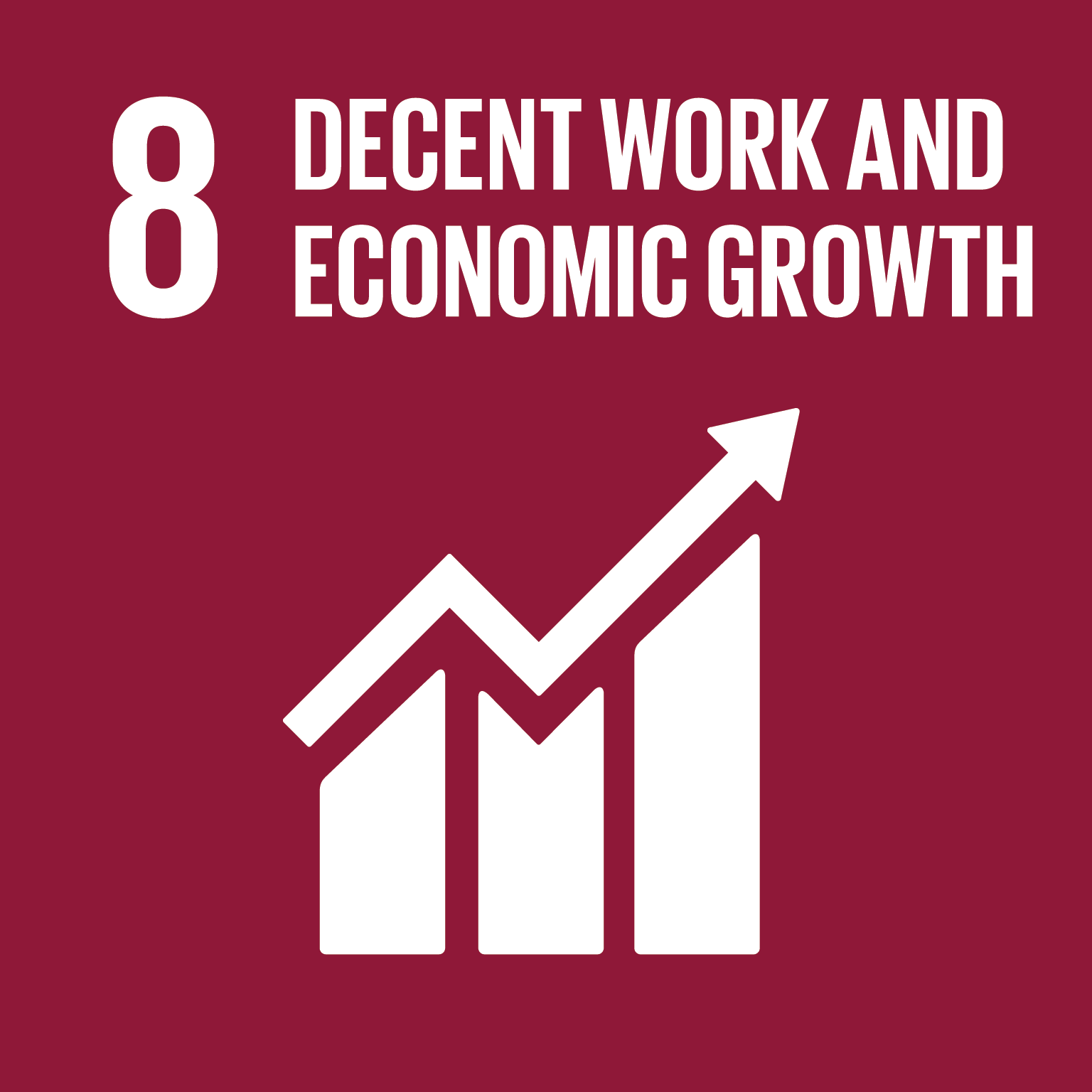Advancing Public Health Policies to Address Overweight and Obesity in Chile and the Caribbean Community
Leveraging experiences from Chilean labelling and marketing legislation to improve children’s health in the Caribbean
Challenges
Overweight and obesity have reached epidemic proportions among all age groups in the Caribbean and Chile, including children under five. This increases the risk of non-communicable diseases, mortality and morbidity and imposes enormous financial strain on individuals, families, communities and societies at large. Addressing this epidemic requires effective laws and regulations that target the current obesogenic environment, as reflected in numerous global and regional mandates, including the Pan American Health Organization/World Health Organization (PAHO/WHO) Plan of Action for the Prevention of Obesity in Children and Adolescents, and the Caribbean Public Health Agency (CARPHA) sixpoint core policy package.
Towards a Solution
The project Advancing Public Health Policies to Address Overweight and Obesity in Chile and the Caribbean Community was developed by the Caribbean Community (CARICOM) and the Government of Chile within PAHO/WHO’s Cooperation among Countries for Health Development (CCHD) framework, a new approach to PAHO/WHO’s delivery of technical cooperation intended to foster horizontal alliances and cooperation between countries. The project was endorsed by the Ministries of Health of the Caribbean during the 33rd meeting of the Council for Human and Social Development (COHSOD) in September 2017, conferring a strong mandate to achieve its objectives.
This initiative aims to support the development and implementation of effective laws and regulations to address the current obesogenic environments in the Caribbean Community while helping to systematize, internationalize and consolidate Chile’s experience as state policy. More specifically, the project focuses on Chile’s innovative front- of-package labelling (FOPL) legislation, which consists of nutritional warnings with a ”high in” message to facilitate healthier choices by allowing consumers to quickly and easily identify pre-packaged foods high in sodium, saturated fats, sugar and/or total calories.
To that end, the project includes a combination of complementary sub-regional and country-specific activities for greater impact and reach. At the sub-regional level, efforts are focused on revising the current CARICOM standard for the labelling of pre-packaged foods to include mandatory nutritional labelling and FOPL and expanding research to support evidence-based policymaking. This sub-regional approach will benefit multiple countries and avoid duplication of efforts, optimizing the use of national resources that could be directed towards actual implementation. Country-specific work consists of direct technical assistance to Barbados, Jamaica and Suriname to operationalize a roadmap for a step-wise approach for developing and implementing FOPL legislation.
To facilitate implementation of the lines of work outlined above, as well as systemic cross-country transfer and participation and coordination among partners, a CCHD project team was established to provide general oversight and direction. The project team’s terms of reference and work plan were agreed during an initial site visit to Chile, which offered the opportunity to engage and establish partnerships between Chilean and Caribbean stakeholders. This approach has been critical to ensure buy-in and adequate coordination with related ongoing projects. Through these exchanges, stakeholders have learned from Chile’s experience with the policy development process and implementation of front-of-package labelling regulations.
As a result of the project, PAHO/WHO published the document “Frontof- package labeling as a policy tool for the prevention of noncommunicable diseases in the Americas,” which provides an overview of available evidence and a compilation of key arguments and counterarguments for FOPL. Additionally, PAHO/WHO enhanced the visibility of and support for front-of-package warning labelling (FOPWL) by conducting high-level advocacy with various regional and sub-regional stakeholders. These advocacy efforts included training on strategic policy advocacy for ten civil society organizations from Caribbean countries. In the context of this project, the 39th Meeting of the Council for Human and Social Development (COHSOD) of CARICOM endorsed a call to action to urgently accelerate the adoption of effective FOPWL in the Caribbean as a human rights issue.
In terms of replicability, other regional integration mechanisms, for instance the Council of Ministers of Health of Central America and the Dominican Republic (COMISCA) of the Central American Integration System (SICA), are using the sub-regional approach to advance the FOPL proposed under this project. Political commitment is a key factor in the success of the initiative, as is an understanding that measures must be tailored to the context in which they will be implemented.
Contact Information
Country and Subregional Coordination (CSC)
Countries involved
Antigua and Barbuda, Bahamas, Barbados, Belize, Chile, Dominica, Grenada, Guyana, Haiti, Jamaica, Saint Kitts and Nevis, Saint Lucia, Saint Vincent and the Grenadines, Suriname, Trinidad and Tobago
Nominated By
Pan American Health Organization (PAHO/WHO)
Supported By
PAHO/WHO
Implementing Entities
PAHO/WHO, CARICOM Secretariat Health Desk, Caribbean Regional Organisation for Standards and Quality (CROSQ), CARICOM Office of Trade Negotiation (OTN), Caribbean Public Health Agency (CARPHA), Healthy Caribbean Coalition (HCC), University of the West Indies (UWI), Caribbean Law Institute Centre (CLIC), Ministry of Health of Chile, Ministry of Health of Jamaica, Ministry of Health of Suriname, Ministry of Health of Barbados
Project Status
Completed
Project Period
6/2017 - 6/2021
Primary SDG
03 - Good Health and Well-being
Secondary SDGs
02 - Zero Hunger
Similar Solutions






